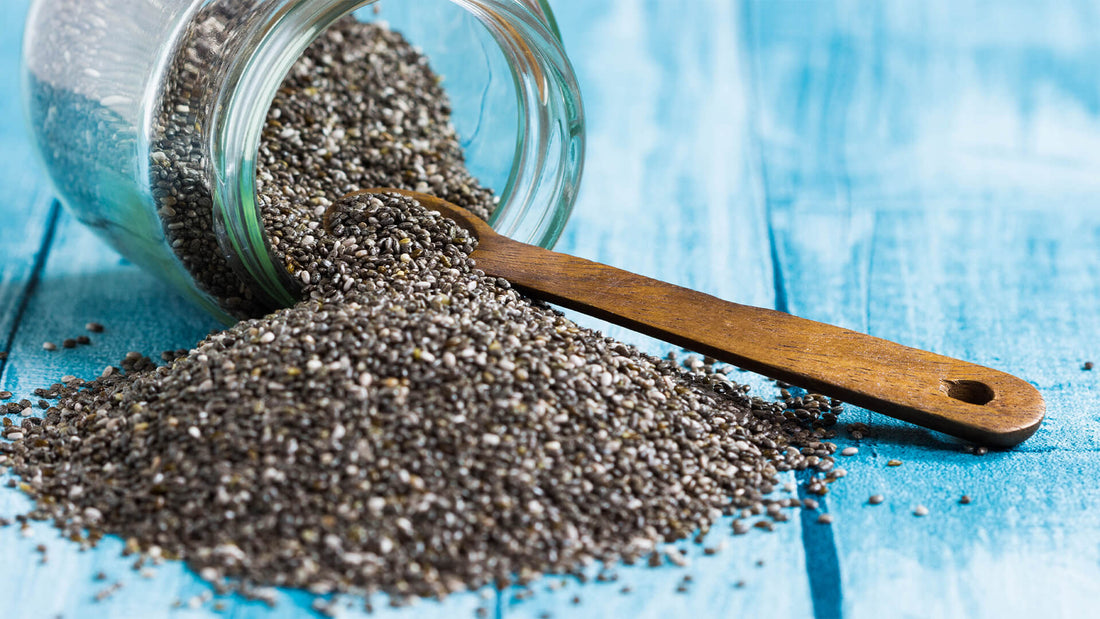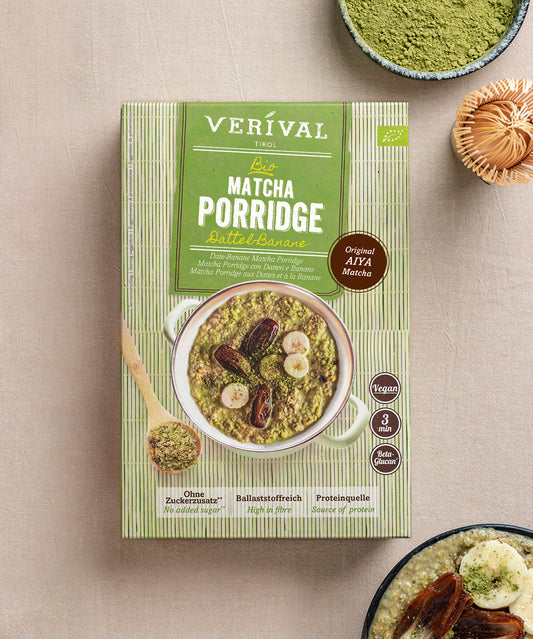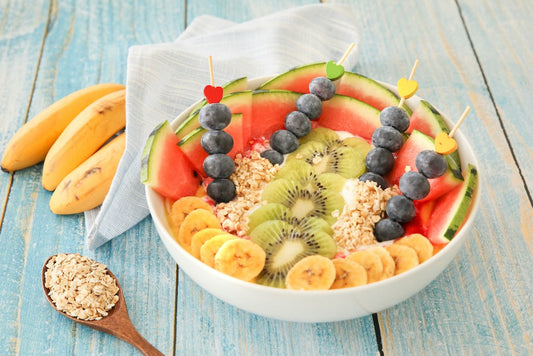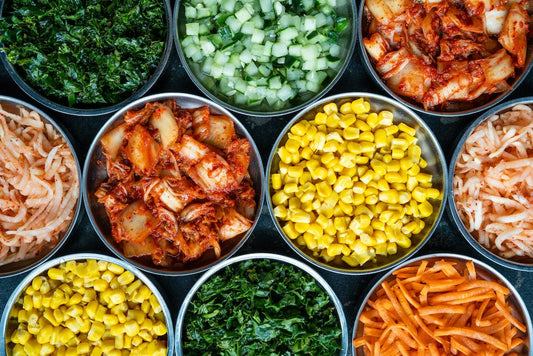Chia seeds can also trigger side effects. Before consumption, chia seeds must be soaked in liquid to swell. If the seeds are consumed raw and without liquid, they clump in the intestines and cause blockages.
Constipation can also occur if the intestines are not accustomed to a high-fibre diet. Consuming too much fibre can also cause diarrhoea and bloating. In rare cases, it can cause chronic inflammation in the intestines. If you are sensitive to high amounts of fibre, you should spread the chia seeds over several portions throughout the day.
If you already have health problems, you should consult a doctor before consuming chia seeds. The omega-3 fatty acids naturally have a blood-thinning effect. If blood-thinning medication is taken at the same time, consuming chia seeds is not advisable.
If chia seeds are consumed in too large a quantity, side effects may occur in rare cases due to the chia seeds themselves. Since chia seeds belong to the sage family of plants, allergic reactions can occur, for example. There are cross-allergies with mint, rosemary and thyme. Therefore, you should watch out for watery eyes, breathing problems and skin rashes.
It is recommended not to exceed the maximum daily amount of 15g, as there are currently no long-term studies in Europe on the effects of chia seeds.
Since chia seeds do not contain gluten, they can be consumed by people with gluten intolerance. However, it is important to only buy organic chia seeds so that no pesticides are ingested.
Find out more about chia seeds!
What exactly are chia seeds?
The chia plant belongs to the genus Salvia (sage). Chia, which originally comes from Mexico, was spread by the Spanish conquistadors after their return to Europe. Today, the chia plant is mainly grown in South America, Mexico and Australia. The seed pods are harvested in October and gently dried in the air.
Chia seeds contain a large amount of omega-3 fatty acids, proteins and dietary fibres. They offer many health benefits and are therefore considered a superfood. But do the little black seeds also have side effects, despite their numerous positive properties? Read on to find out more.
What do chia seeds do in the body?
Chia seeds contain 20% vegetable protein. The proteins ensure the protein supply and support the build-up of muscles.
Calcium, phosphorus and magnesium are needed for the building of bones and teeth. The superfood contains five times as much calcium as milk. The daily requirement is already covered by eating 15 grams of chia seeds.
The seeds consist of 38% chia oil. This is mainly composed of omega-3 fatty acids, which promote the elasticity of the vascular walls. They have a positive effect on cholesterol levels and help to lower blood pressure.
The low blood pressure relieves the cardiovascular system, reducing the risk of cardiovascular disease. Eating chia seeds also increases the release of messenger substances such as serotonin, which helps to cope with stress more easily.
Chia seeds also contain many vitamins. Vitamins B1, B3 and E support nerve function. The connective tissue is strengthened by the increased formation of collagen fibres. The hair grows strong and shiny. The vitamins also boost the immune system.
This is further supported by the antioxidants contained in the superfood, which also make our skin glow. Free radicals are captured and neutralised by the antioxidants. Premature cell aging is prevented. Micro-inflammations heal faster in the body.
Chia seeds also contain lots of healthy fibre. Eating them regulates the digestive system and promotes the balance of the bacterial flora in the gut. In addition, the fibre causes a long-lasting feeling of satiety, which means that chia seeds can also help you lose weight. By relieving the pancreas, blood sugar levels also decrease.
How many chia seeds can you consume per day?
Since there is still insufficient information available about the long-term consumption of large quantities of chia seeds, a maximum daily dose of 15 grams is currently recommended. This quantity corresponds to around 1.5 heaped tablespoons of the superfood. Excessive consumption of chia seeds can trigger side effects.
Why are chia seeds considered healthy?
Chia seeds are considered healthy because they contain a particularly large number of valuable nutrients. The high fibre content supports weight loss and the reduction of body fat. The immune system is supported. By regulating the cholesterol level, no harmful fats are deposited on the vascular walls. The risk of blood clots forming is reduced.
The unsaturated alpha-linolenic acid contained in chia seeds supports the production of DHA and EPA, two long-chain fatty acids. These have an anti-inflammatory effect and help to eliminate cells with an abnormal division rate.
Chia seeds are often used in healthy breakfasts. For example, as a topping for porridge. Despite the positive effects, chia seeds can also have side effects.
























